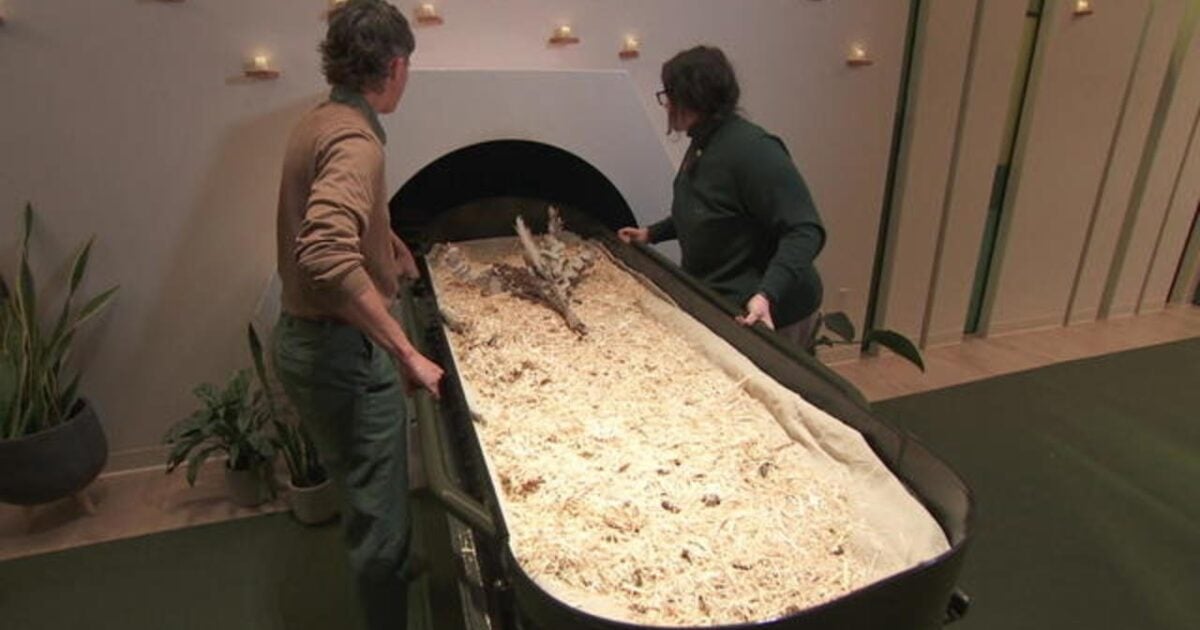Delaware Legislature Legalizes Human Body Composting
The Delaware legislature recently passed a bill sanctioning the composting of human bodies. This method involves using large vessels to contain human remains along with natural materials like straw or wood chips for approximately 30 days. Proponents of human composting argue that it presents an environmentally sustainable and cost-effective alternative to traditional burial and cremation.
Restrictions on Human Composting
According to a report from the Washington Times, individuals who have died from a radiological incident, possess radioactive implants, or have succumbed to prion diseases, Ebola, tuberculosis, or any other ailment that could withstand the composting process are excluded from being eligible for composting.
The Delaware House approved the bill with a 37-2 majority in January, and subsequently, the state Senate passed it with a 14-7 verdict just recently.
Expansion of Human Composting
Human composting is currently permitted in several states, including Washington, Colorado, Oregon, Vermont, California, New York, and Nevada. New York, for instance, legalized the practice back in 2023, encountering resistance from entities such as the New York State Catholic Conference. Dennis Poust, the executive director of the New York State Catholic Conference, expressed concerns regarding the bill’s lack of public input and the insufficient discourse surrounding the novel method of body disposition.
Recompose: Pioneering Human Composting
Recompose, a funeral home in Seattle, specializes in composting human bodies for a fee of $7,000. The facility prides itself on its ability to transform the deceased into soil within a mere 30 days. Recompose’s website details a ceremonial “laying in” process, where the departed individual is placed in a vessel to commence the composting procedure.
Recompose emphasizes the environmental benefits of their practice, asserting that opting for their services over conventional burial or cremation prevents one metric ton of carbon dioxide from entering the atmosphere. Additionally, human composting through Recompose consumes only 1/8 of the energy typically used in traditional burial or cremation methods, showcasing a commitment to environmental preservation.
Image/Photo credit: source url





